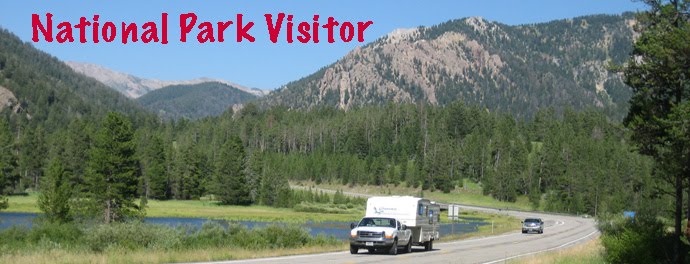 |
| UAVDronesForSale on flickr.com |
Seems like drones have created a number of problems in the nation's parks, and the agency wants to temporarily ground drones until new rules can be drafted that properly address the situation. What kind of problems?
Well, imagine being a visitor to Mount Rushmore last fall. You're sitting in the amphitheater, settling in for an evening ranger talk when suddenly, a drone buzzes low overhead. Park rangers somehow snagged the unwanted aircraft and "confiscated" it out of concern for visitor safety. That was last fall.
More recently, visitors to Arizona's Grand Canyon National Park had their appreciation of a quiet sunset interrupted when a noisy, unwelcome drone began an erratic flight, that ended with the little buzzer crashing into the canyon. Not far away, at Utah's Zion National Park, a herd of bighorn sheep were grazing when an unmanned aircraft popped in, buzzing between kids and their mothers.
Since rule-making is a time-consuming process and the Service is concerned about what might happen before a rule could be drafted, a stop-gap measure is now in place. Local park officials will write up an order grounding drones, making sure the order is in harmony with laws, and letting the public know about the new shutdown.
Next, the park Service will propose a Service-wide regulation regarding unmanned aircraft. That process can take considerable time, depending on the complexity of the rule, and includes public notice of the proposed regulation and opportunity for public comment.
All permits previously issued for unmanned aircraft will be suspended until reviewed and approved by the associate director of the National Park Service’s Visitor and Resource Protection directorate. The associate director must approve any new special use permits authorizing the use of unmanned aircraft. Superintendents who have previously authorized the use of model aircraft for hobbyist or recreational use may allow such use.
Now if they could just do something to ground the smog that ruins the view in too many of our nation's treasures.
